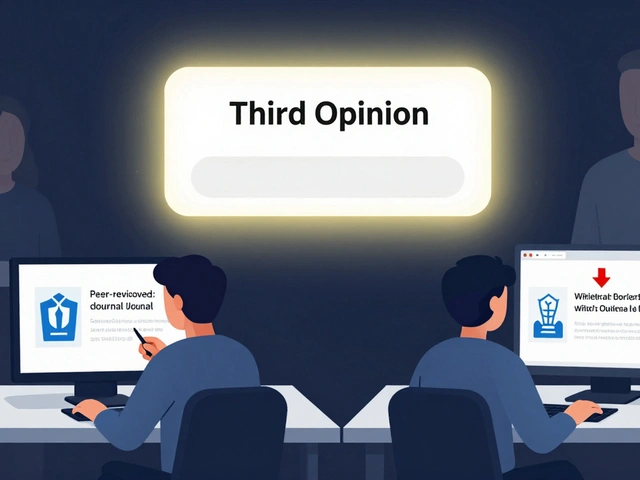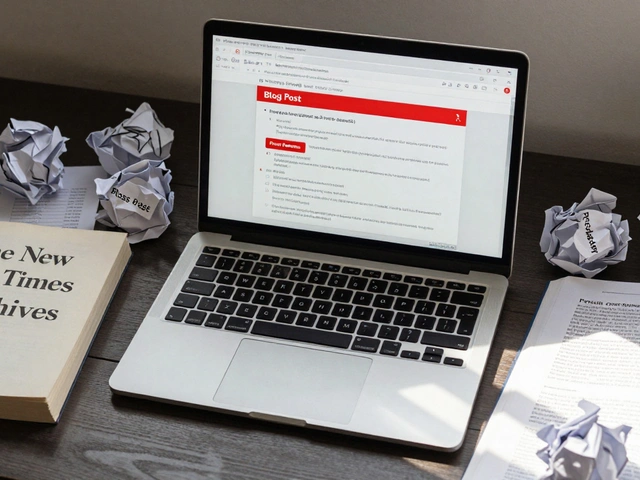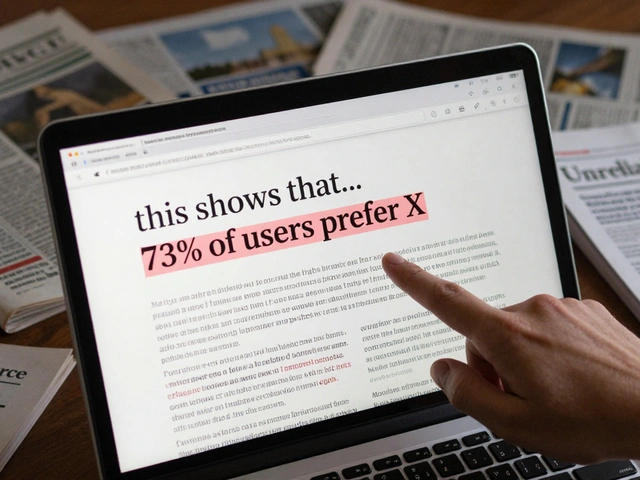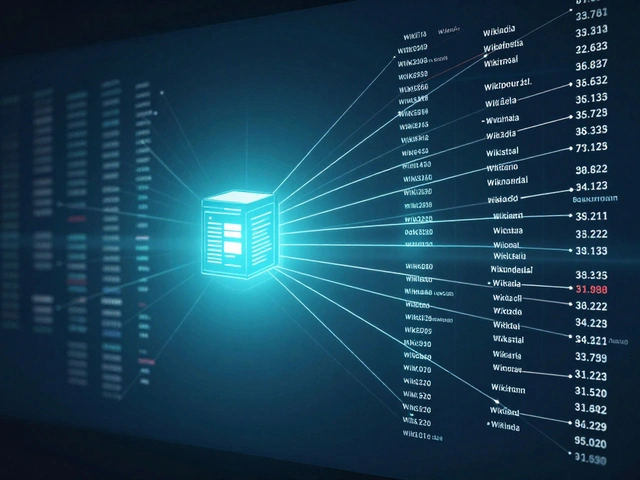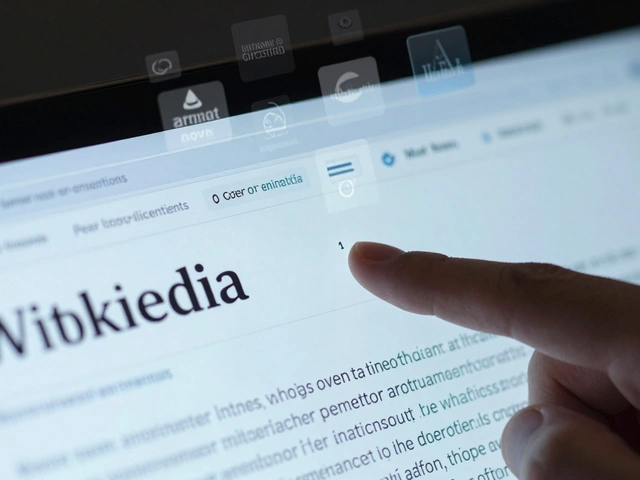
Ever wonder how a news story gets published on Wikinews-without editors shouting deadlines or corporate filters? It’s not like traditional newsrooms. There’s no managing editor hovering over your shoulder. Instead, it’s a quiet, open process where anyone with a good story and solid sources can push a draft into the light. And if it’s done right, strangers on the internet will fact-check it, polish it, and help it go live-all without paychecks or bylines.
Starting with a Draft
The first step is simple: write something true. Wikinews doesn’t want opinion pieces, press releases, or rumors. It wants original reporting or well-sourced summaries of events that matter. That could be a local city council vote in Milwaukee, a new scientific study in Finland, or a protest in Nairobi. The story must be new, not something already covered by major outlets.
Most drafts start as plain text in the Wikinews sandbox. You don’t need to know wiki markup. Just type clearly. Include:
- Who? (People, organizations involved)
- What? (The event or discovery)
- When? (Date and time, as precise as possible)
- Where? (Location, down to the street if relevant)
- Why? (The significance-why should anyone care?)
- How? (How did you get the info? Sources matter more here than in blogs)
There’s no word limit, but most successful stories run between 500 and 1,500 words. Too short? You might miss context. Too long? Readers lose focus. The goal isn’t to be the most detailed-it’s to be the most accurate.
Getting Feedback Before Publishing
Once your draft is ready, you don’t hit publish. You hit “request review.” That sends your story to the Wikinews community’s peer review queue. This is where the magic happens.
Volunteers-journalists, students, retirees, coders, teachers-show up to read your piece. They’re not paid. They don’t get fame. They do it because they care about truth. They’ll ask:
- Is this verifiable? Can I find the original source?
- Are you presenting both sides if there’s controversy?
- Is the tone neutral, or does it sound like an ad or a rant?
- Are the sources credible? Wikipedia-style citations (links to official reports, news archives, transcripts) are required.
One reviewer might point out a misquoted statistic. Another might suggest adding a quote from a local official you missed. A third might notice you used a blog as a source when a government PDF was available. These aren’t criticisms-they’re improvements. And they’re mandatory.
It’s not uncommon for a draft to go through three or four rounds of edits before it’s approved. That’s normal. The system is designed to catch mistakes before they go public.
The Approval Process
When enough reviewers agree your story meets Wikinews standards, it gets tagged as “ready for publication.” That doesn’t mean it’s live yet. A final check happens by a trusted volunteer with “administrator” rights. They don’t rewrite your story-they confirm:
- All sources are properly linked and archived
- No copyright violations (e.g., copied text from AP or Reuters)
- The headline is factual, not sensational
- The article follows the Neutral Point of View policy
Once approved, the article is moved from the draft space to the main news feed. It’s now live on Wikinews.org, indexed by Google, and visible to millions. You’ll see it appear in the “Latest News” section, often alongside stories from Australia, Brazil, and Japan.
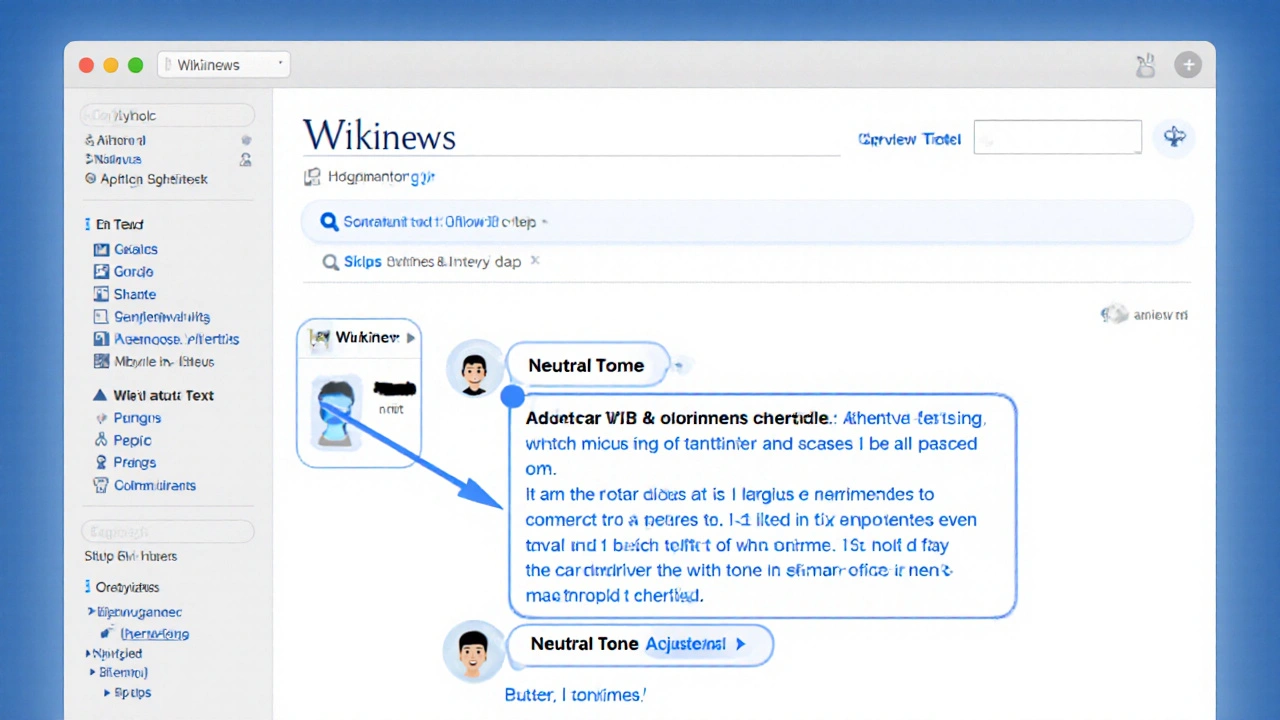
What Happens After Publication?
Publication isn’t the end-it’s a new phase. Wikinews articles are editable after they go live. That’s intentional. If new facts emerge-a correction from the city, a follow-up statement, a court ruling-you’re expected to update the article. The version history keeps every change visible. Readers can see how the story evolved.
Some articles get picked up by other Wikimedia projects. A Wikinews report on a new climate policy might become a section in a Wikipedia article. That’s a win. It means your work helped build a larger body of reliable knowledge.
But not every story survives. Some get flagged for lack of sourcing. Others get merged with similar reports. A few get deleted entirely if they’re found to be misleading or promotional. That’s part of the system. Trust is earned, not given.
Why This Matters
Wikinews isn’t trying to replace CNN or BBC. It’s trying to fill the gaps they leave behind. Local elections. Small business closures. Academic breakthroughs ignored by mainstream media. Community meetings where decisions are made that affect real people.
Since its launch in 2004, Wikinews has published over 40,000 articles. Many of them were written by people who had never reported before. A high school student in Ohio covered her town’s school board vote. A retiree in Canada documented changes to postal service hours. A university student in Nigeria reported on student protests using only a phone and public records.
These aren’t outliers. They’re the norm. Wikinews proves that journalism doesn’t need a big budget. It needs transparency, accountability, and a community willing to hold each other to a high standard.

Common Mistakes to Avoid
If you’re new to Wikinews, here are the top three things that get drafts rejected:
- Using non-verifiable sources: Blogs, social media posts, YouTube videos without transcripts, or anonymous “sources” won’t cut it. Use official documents, press releases, or interviews with named individuals.
- Writing in a promotional tone: Don’t say “This groundbreaking innovation will change everything.” Say “The research team published findings suggesting a 40% reduction in energy use.”
- Ignoring neutrality: If a story involves conflict, you must include the perspective of all major parties-even if you disagree with them.
Also, don’t rush. The average draft takes 5 to 14 days to move from submission to publication. That’s not slow-it’s careful. And that’s what makes Wikinews trustworthy.
How to Get Started
You don’t need experience. You don’t need to be a journalist. You just need:
- A reliable internet connection
- A clear, factual story
- At least two credible sources
- Patience to wait for feedback
Go to Wikinews.org, click “Create an account,” and start drafting. Use the sandbox. Ask for help in the community forum. Read a few published stories to get a feel for the style.
Remember: Your story doesn’t need to be perfect. It just needs to be true.
Can anyone write for Wikinews?
Yes. Wikinews is open to anyone with a verified account. You don’t need to be a professional journalist, have a degree, or live in a specific country. All you need is a factual story, credible sources, and a willingness to follow the community’s review process.
How long does it take for a story to get published?
It varies. Most stories take between 5 and 14 days from submission to publication, depending on how quickly reviewers respond and how many edits are needed. Some are approved in under 48 hours if they’re clear and well-sourced. Others take weeks if they require more research or clarification.
Can I use Wikipedia as a source for Wikinews?
No. Wikipedia is not a primary source. Wikinews requires direct, verifiable sources like government reports, official statements, interviews, or reputable news outlets. You can use Wikipedia to find leads, but you must track down the original source and cite it directly.
What if I make a mistake after publishing?
That’s okay. Wikinews encourages updates. If new information comes out, you can edit the article directly. All changes are logged in the version history, so readers can see how the story evolved. Transparency is more important than perfection.
Are there any topics Wikinews won’t cover?
Yes. Wikinews avoids opinion pieces, rumors, unverified claims, and stories that violate copyright. It also doesn’t cover entertainment gossip, celebrity scandals, or pure speculation. The focus is on events with public significance that can be documented with reliable sources.
